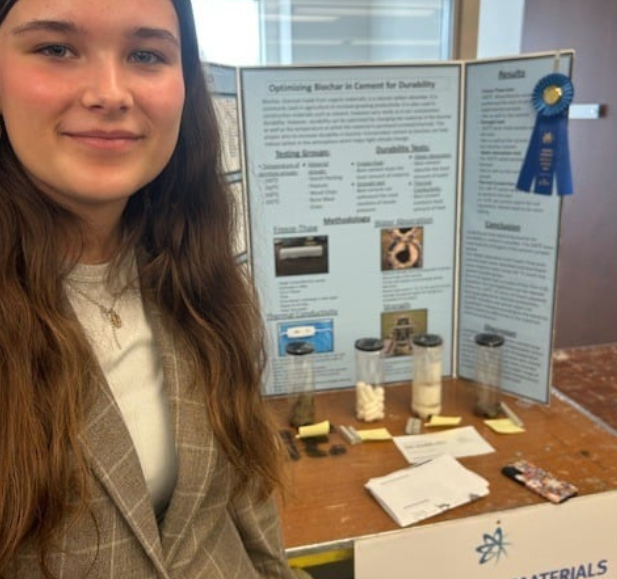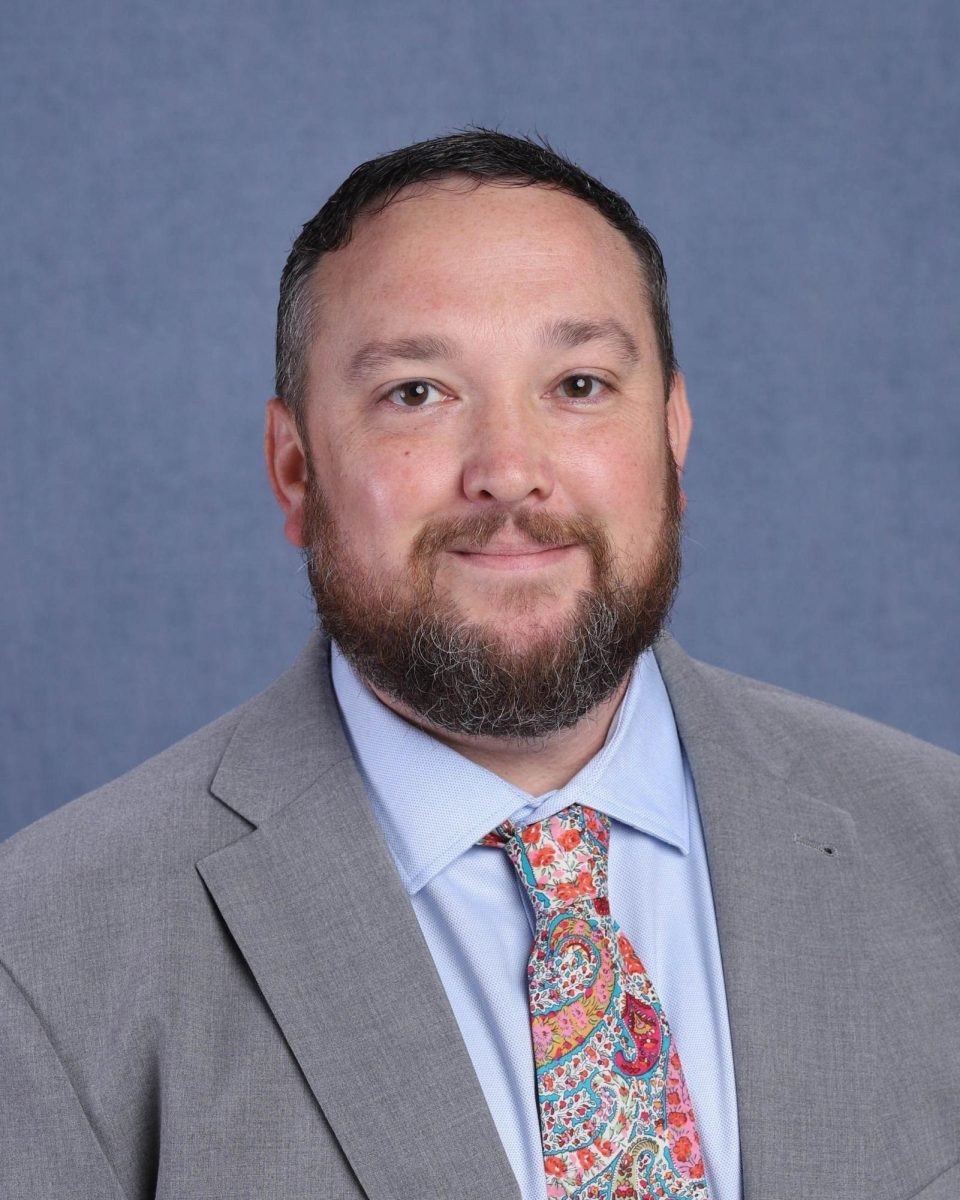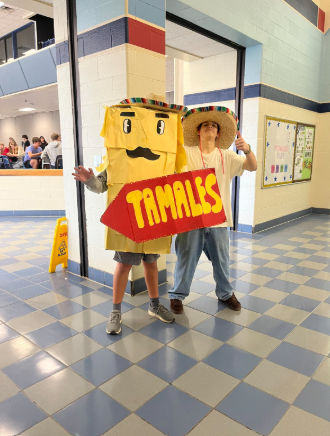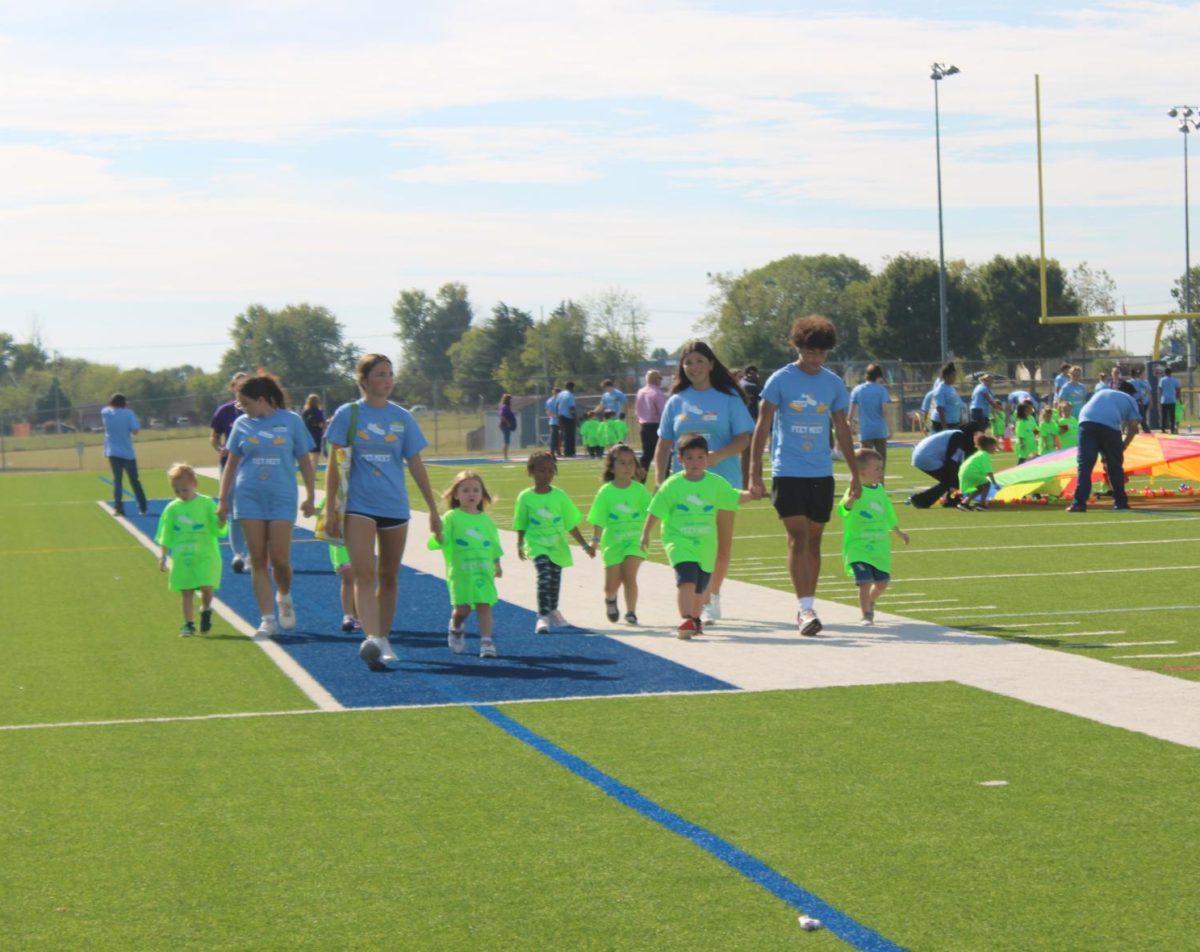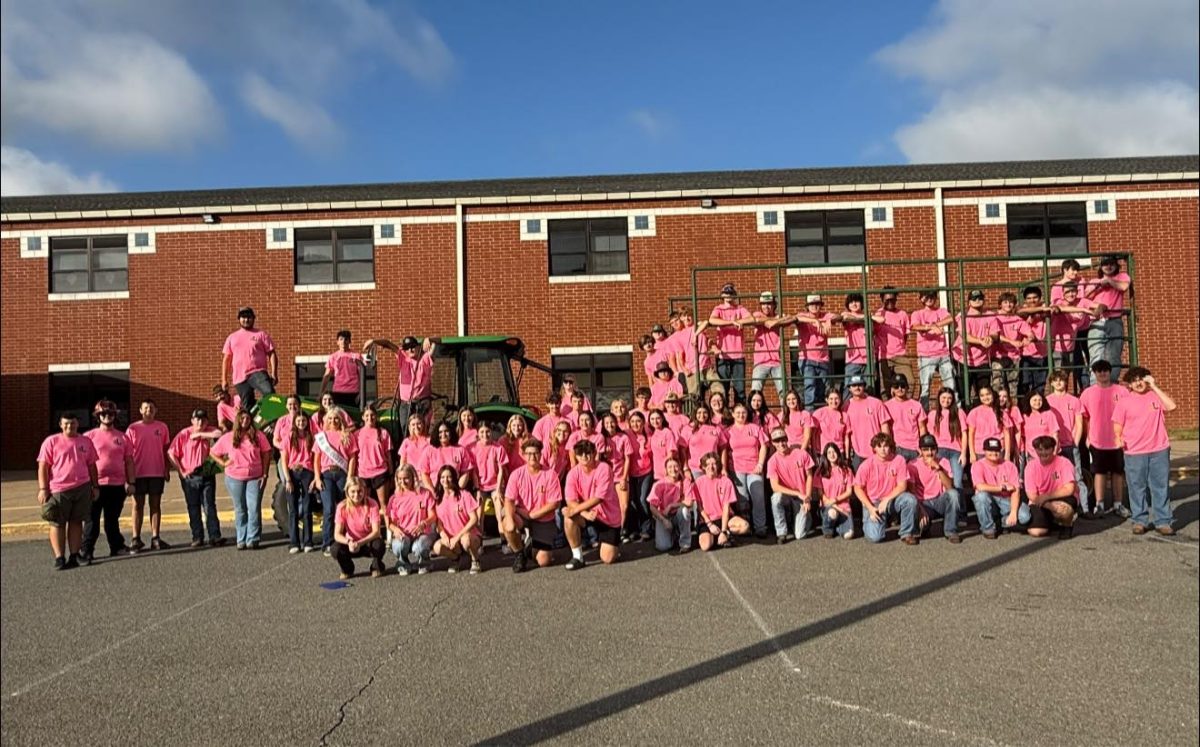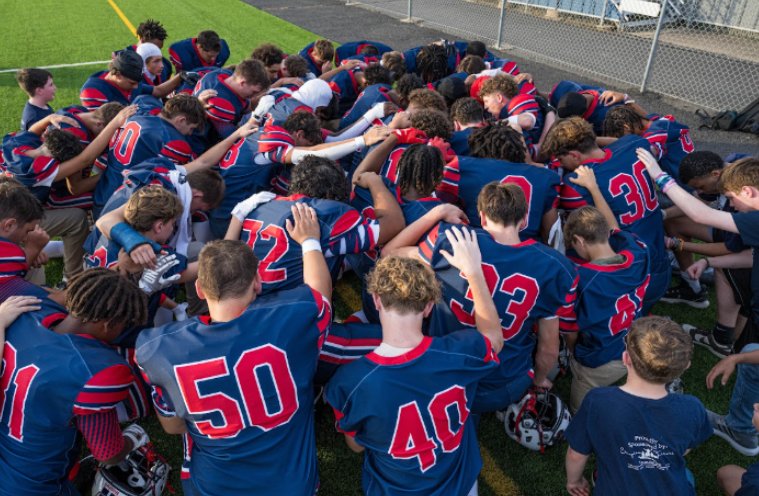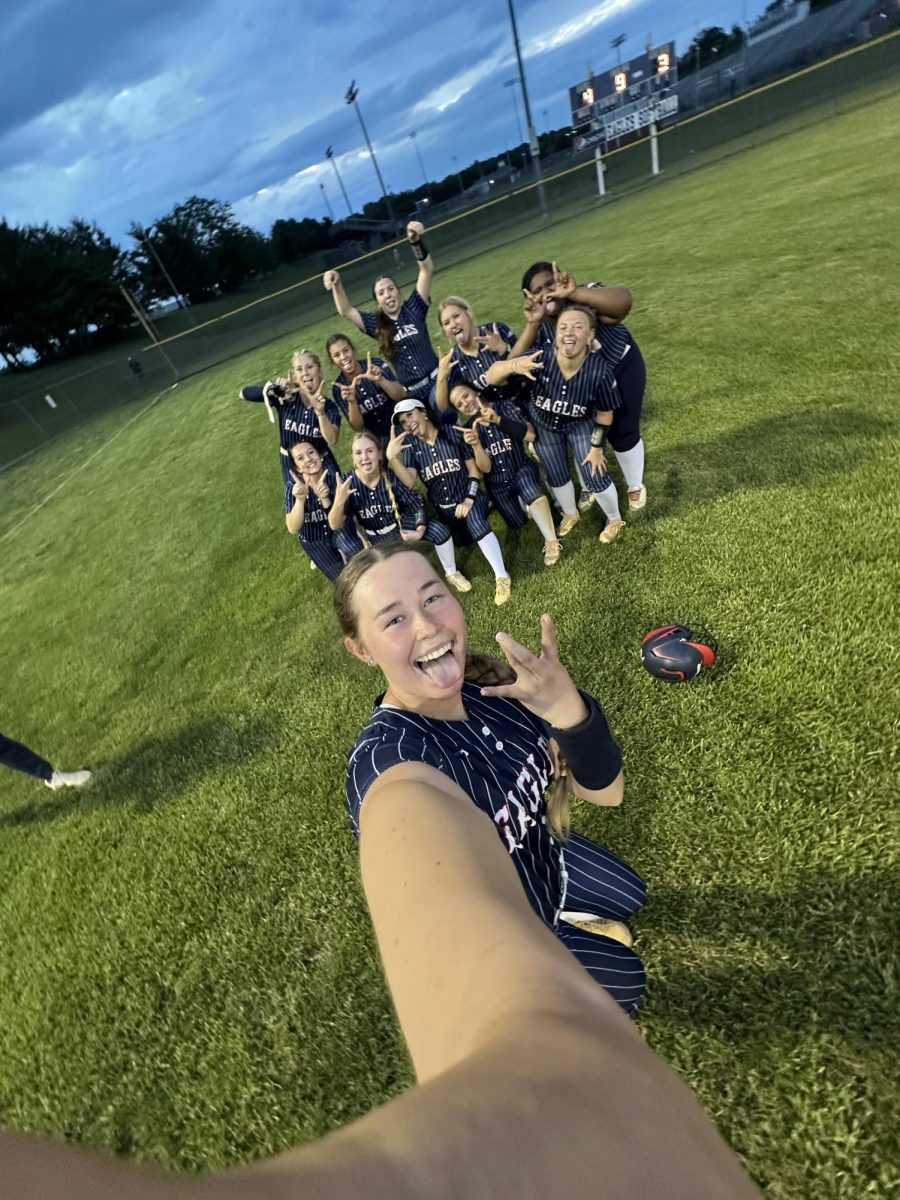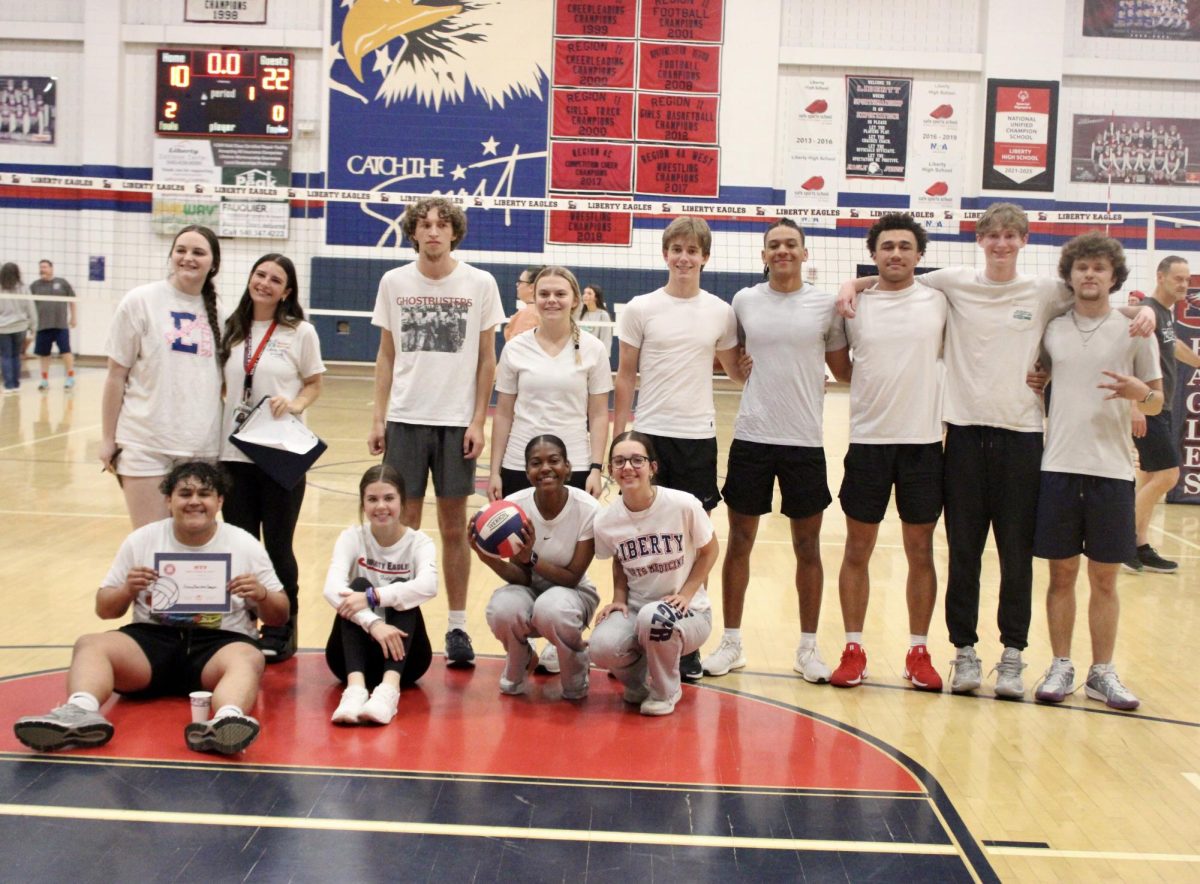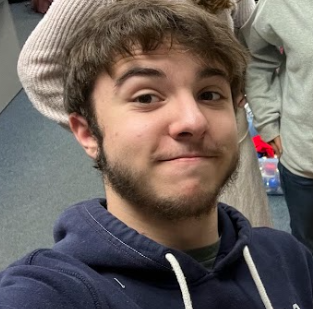For the past eight months, Liberty High School junior Becca Fowler has been planning, experimenting, and collecting data to analyze. She’s been researching how to optimize biochar in cement for durability by testing the temperature of the charring and the biochar material. This past Thursday, March 20, Fowler presented her research at the 45th annual Virginia Piedmont Regional Science Fair in Charlottesville. Since 1980, the VPRSF has supported hundreds of students each year across over thirty schools in the Piedmont region.
The idea of using biochar first caught Fowler’s eye over a year ago. Passionate about climate change, she read an article about the use of biochar in agriculture. Biochar is an incredibly affordable carbon absorber made from organic materials, which makes it useful for infrastructure and agriculture projects. “I wanted to put [biochar] in something that’s literally everywhere, like cement. I wanted to see how we can incorporate more negative emission technologies into our infrastructure as opposed to those trillion-dollar carbon absorbers that the governments are buying.”
It has one big problem, though: adding biochar into cement inhibits its durability. “Contractors and civil engineers aren’t necessarily choosing to use biochar because of this,” Fowler explained. “What I wanted to do was optimize [biochar] in a way that we can put biochar in cement and help reduce climate change.”
Fowler tested four main aspects that she said many civil engineers test: strength, thermal conductivity, material lost when frozen and thawed, and water absorption. She tested different types of biochar out of different materials, such as wood, bone meal, grass, starch, and packing peanuts, and charred them at 100°C, 150°C, 200°C, and 250°C. “I would spend hours just making biochar and cement every day after school,” Fowler recalls. “It’s hard work, but seeing consistency in my data and seeing that the work I was doing was actually useful and could make a difference was extremely rewarding.”
Her efforts paid off. Fowler’s research earned her a first-place award in the category of material sciences and bioengineering and was a runner-up to the grand prize. In April, she’ll be heading to the Virginia State Science and Engineering Fair. Congratulations, Becca, and good luck at states!

